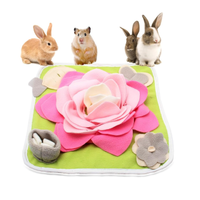How long can rabbits go without food? A vet shares the answer
We asked an expert, 'How long can rabbits go without food? Here's what they recommend.
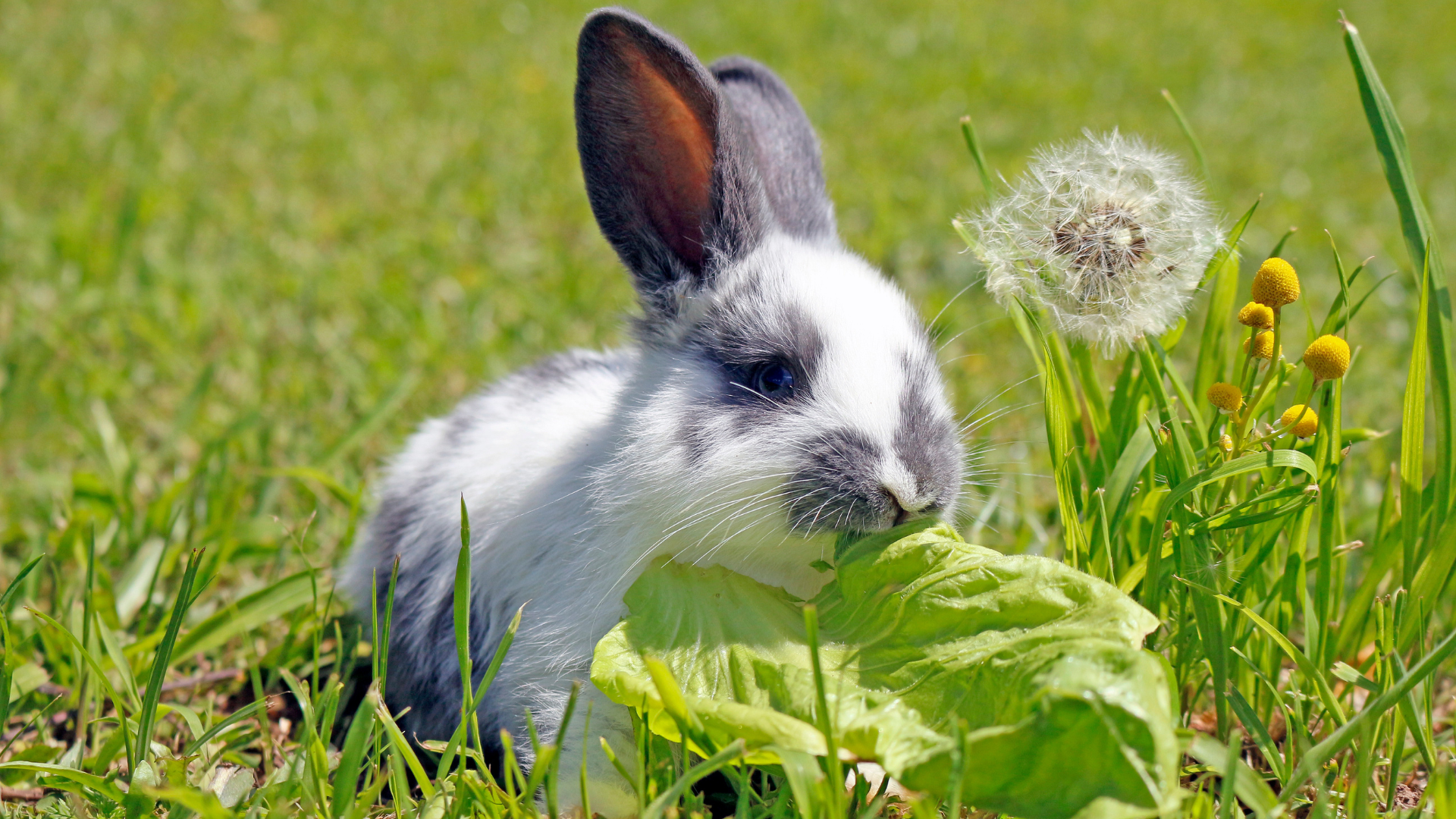
If your bunny isn't eating or you plan to leave the house for a while, then you might be wondering, 'How long can rabbits go without food?'
Unlike other pets, rabbits like to graze all day long and have a diet consisting of hay or grass, leafy greens or vegetables, and some pellets.
If you're worried that you're feeding your bunny the wrong thing, our guide on what to feed a rabbit can help you. Feeding your bunny a nutritious diet is one of the most important parts of rabbit care so it's important to get it right.
With the help of expert vet Dr. Rebecca MacMillan, we've explained how long rabbits can go without food, what to do if they stop eating, and what might be causing this.
How long can rabbits go without food?
Rabbits need unlimited access to grass and hay, so they shouldn't ever be left without food. However, if it's an emergency and there's no other choice, then they can go up to 12 hours without eating.
Dr. MacMillan explains that rabbits are designed to eat almost continuously, and if they're not eating enough, it could lead to serious health issues like gut stasis.
She says: "If a rabbit hasn’t eaten for more than 12 hours, there is a real risk of succumbing to the effects of gut stasis. Gut stasis occurs when the normal movements in a rabbit’s digestive system slow or completely stop.
"Bacteria builds up in the guts causing excessive amounts of gas, which is painful and can lead to bloating. As things progress, toxins released by these bacteria can make your rabbit even more unwell. A rabbit that isn’t eating or drinking could die within a few days."
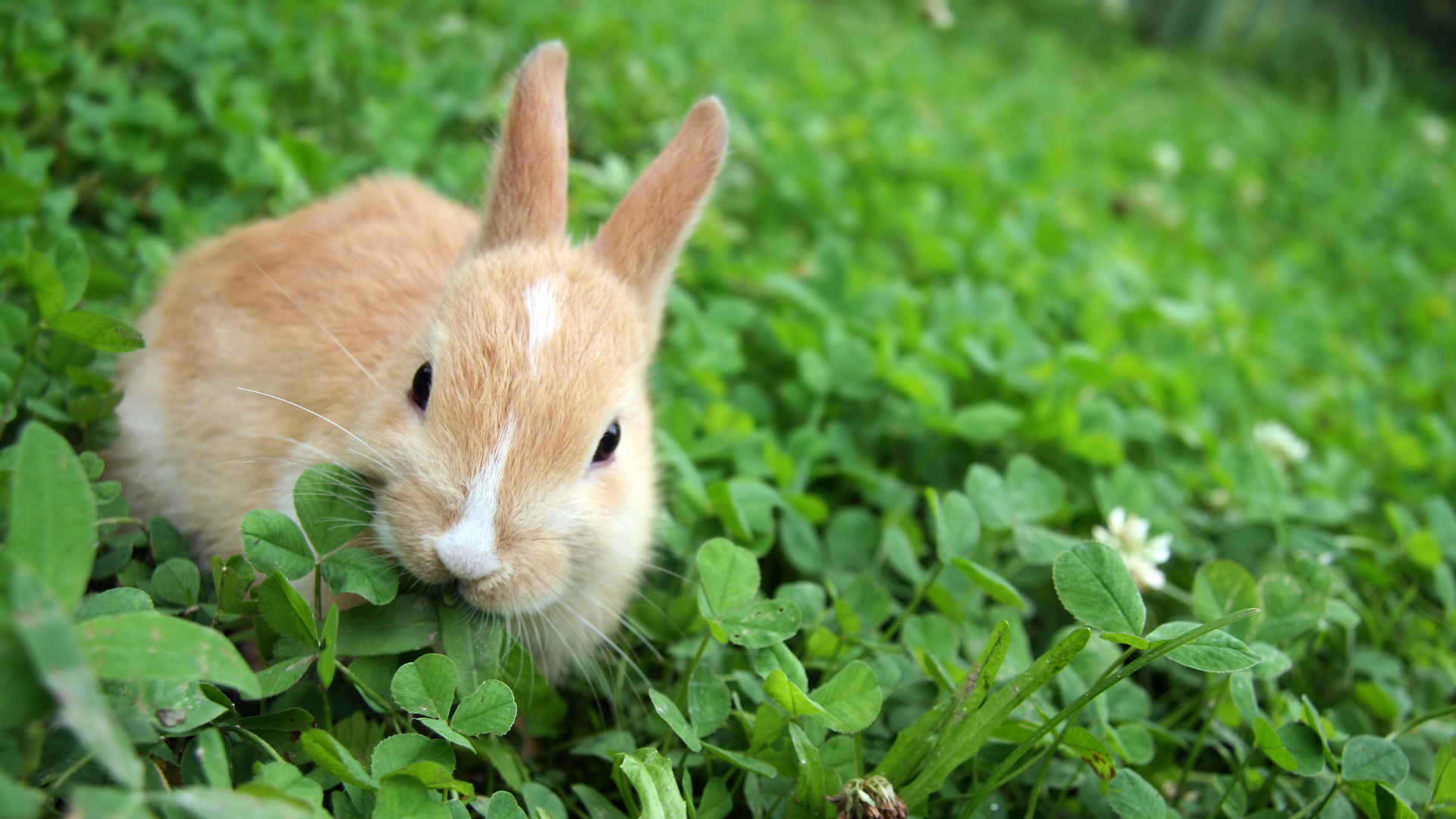
What to do if your rabbit stops eating
If your rabbit has stopped eating or their appetite has decreased, you should take them to the vet immediately as this is a sign of gut stasis. According to Dr. MacMillan and the Journal of Ferrets, Rabbits and Rodents, these are the other signs to look out for:
- Fewer or smaller stools than normal (they look dark, dry and small)
- Lethargy
- Decreased water consumption
- Decreased activity
- Decreased social activity
- Teeth grinding
- Lack of movement
- Digging or scratching
- Hunched posture (pictured below)
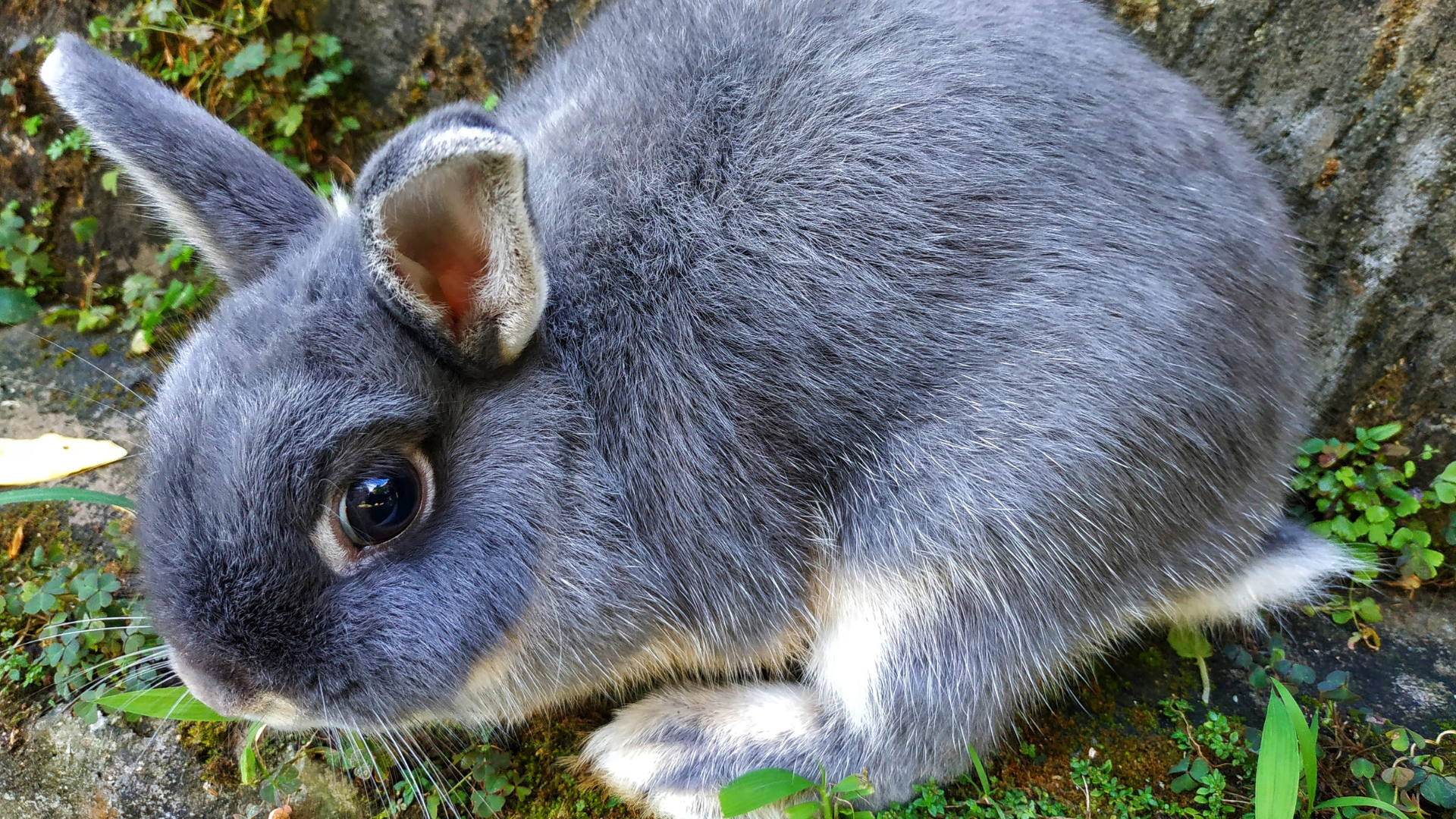
Since rabbits are prey animals, they're very good at hiding the early signs of ill health, explains Dr. MacMillan. That's why it's very important to get them checked over if you notice anything wrong with them — especially since gut stasis can be life-threatening if it's not treated.
She says: "Rabbits in gut stasis may require fluid therapy, medications to help improve their gut movements, pain relief, and nutritional support."
This is one of the most common disorders in rabbits, so it's a good idea to know the signs and symptoms to look out for. As well as an inadequate diet, stress can also be a cause. You can keep your bunny happy by:
- Feeding them a nutritious and appropriate diet – here’s our pick of the best rabbit foods
- Giving them a spacious, safe and clean home – check out the best indoor rabbit hutches
- Grooming them regularly – using one of the best rabbit brushes
- Ensuring they get daily exercise – if you don’t have a suitable rabbit run you could try one of the best rabbit harnesses
- Providing mental and physical stimulation – the best rabbit toys can help
- Socializing them
Learning about rabbit body language can help you work out how your bunny is feeling and prevent any unwanted distress. Here are some tips on how to tell if your rabbit is happy, too.
Found this helpful? You might also want to read: Do rabbits eat their poop? and are rabbits herbivores?
Rabbit Foraging Mat Snuffle Mat
Activate your bunny's natural foraging instincts with this fun puzzle feeder. This is a great way to reduce boredom, anxiety and stress, providing them with much-needed mental stimulation.
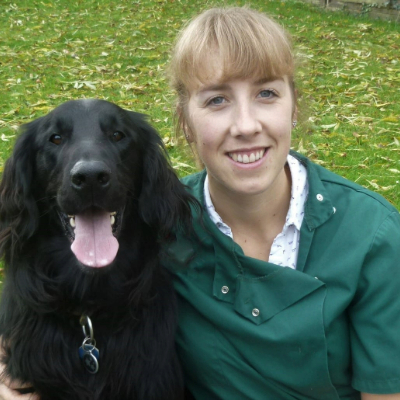
Rebecca is a veterinary surgeon who graduated in 2009 from the Royal Veterinary College in London. She has a wealth of experience in first opinion small animal practice, having done a mixture of day-to-day routine work, on-call emergency duties and managerial roles over the years. She enjoys medicine in particular and she is proud to have recently achieved a BSAVA postgraduate certificate in small animal medicine (with commendation).
PetsRadar Newsletter
Get the best advice, tips and top tech for your beloved Pets
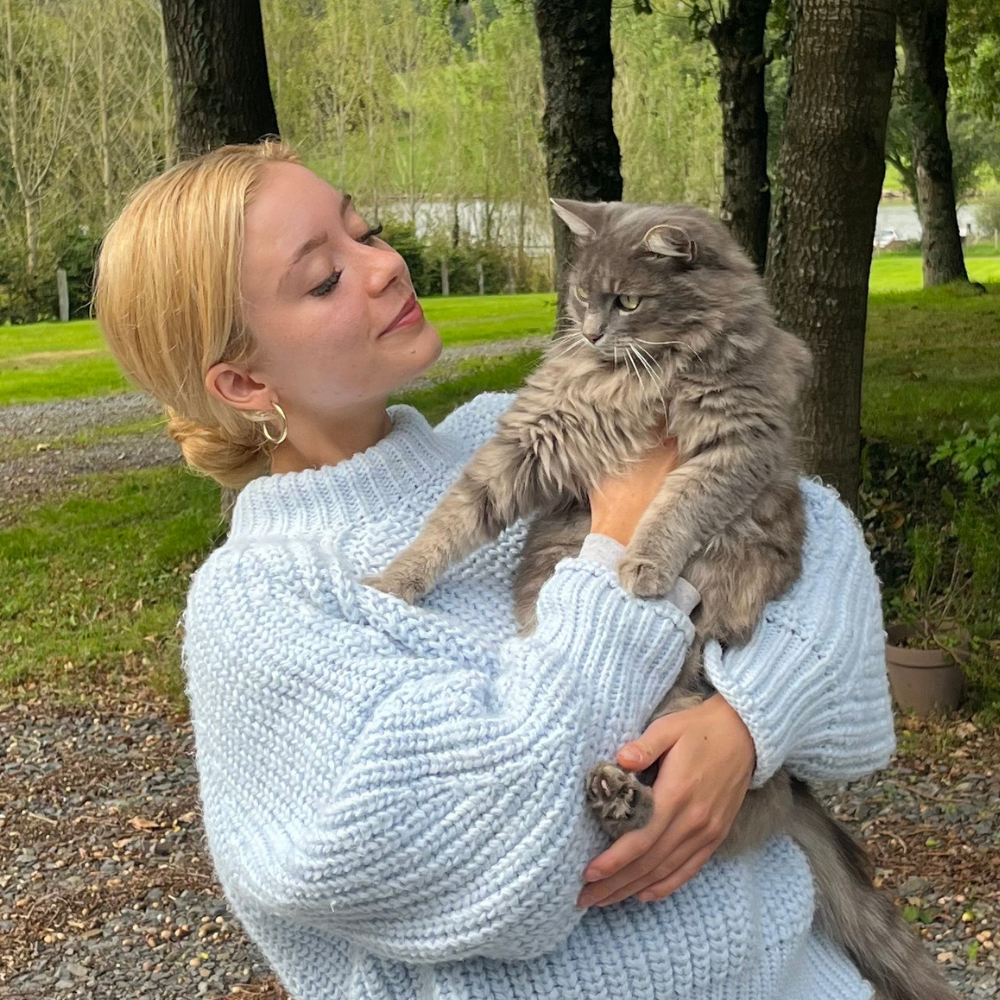
Megan is a Staff Writer at PetsRadar, covering features, reviews, deals, and buying guides. She has a wealth of experience caring for animals, having grown up with dogs, cats, horses, guinea pigs, and more throughout her life. She studied BA Journalism at the University of Westminster, where she specialized in lifestyle journalism and was editor of Smoke Radio’s lifestyle website. Megan works alongside qualified vets and accredited trainers to ensure you get the best advice possible. She is passionate about finding accurate and helpful answers to your pet-related questions.
